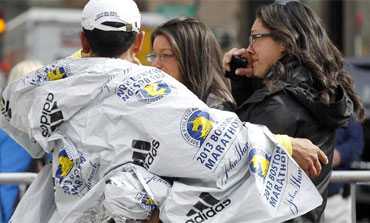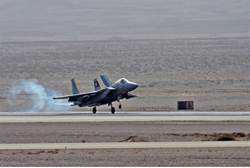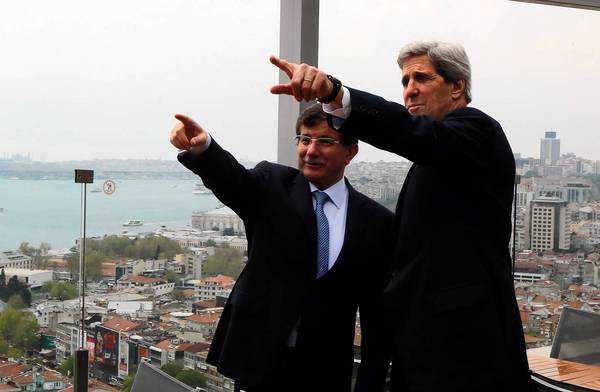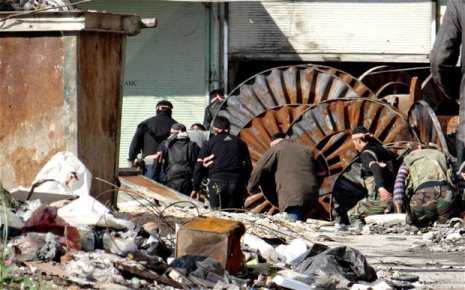Knesset members speak out despite the government’s efforts to achieve a detente with Turkey.
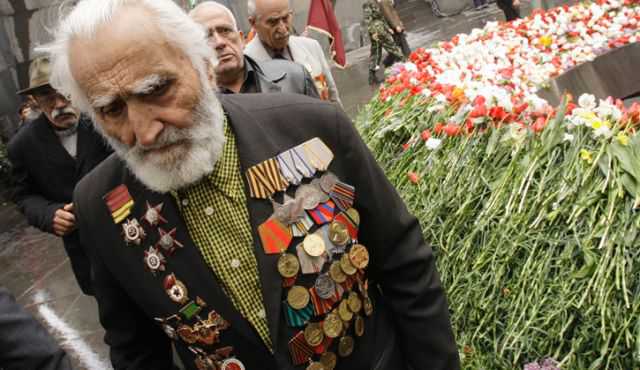
Both coalition and opposition members Tuesday commemorated the Armenian genocide by the Ottoman Turks, despite Israel’s efforts to patch things up with Turkey over the raid on the Gaza flotilla three years ago in which eight Turkish nationals died.
During and after World War I, between 1 million and 1.5 million Armenians died; the anniversary of the killings is marked this week. Because of Jerusalem’s past close relations with Ankara, the government has never officially recognized the events as genocide.
“How many of us are really familiar with the Armenian holocaust? Why are we indifferent when Turkey does not take responsibility?” said MK Ayelet Shaked (Habayit Hayehudi). “We must confront our silence and that of the world in the face of such horrors. No country stood by the Armenians. No one cared about the genocide in Rwanda.”
MK Israel Hasson (Kadima) called on his colleagues to support the Armenian people. “We’ve formed an Israeli-Armenian friendship association, and I call on any MKs who want to express solidarity to join it, even if the government has difficulty formulating a statement.”
MK Reuven Rivlin (Likud), a former Knesset speaker, said “Turkey is and will be an ally of Israel. The talks with Turkey are understandable and even necessary from a strategic and diplomatic perspective. But those circumstances cannot justify the Knesset ignoring the tragedy of another people.”
MK Zahava Gal-On (Meretz) referred to the reconciliation talks with Turkey as “an important and strategic process that I wholeheartedly support, but it needn’t influence recognition of the massacre of the Armenian people. It’s not that we have to either recognize the genocide or have relations with Turkey; we can do both. The link between the two harms Israel and its foreign relations.”
Ofir Akunis, a deputy minister in the Prime Minister’s Office, said that “as Jews and Israelis we have a moral obligation to remember human tragedies. One of them was the massacre of the Armenian people. The State of Israel has never denied these terrible events.”
According to Akunis, “Investigating the related events must be done through open debate, not by political declarations.”
In the end, the MKs decided that the Knesset House Committee would choose which committee would conduct a broader debate on the issue.

